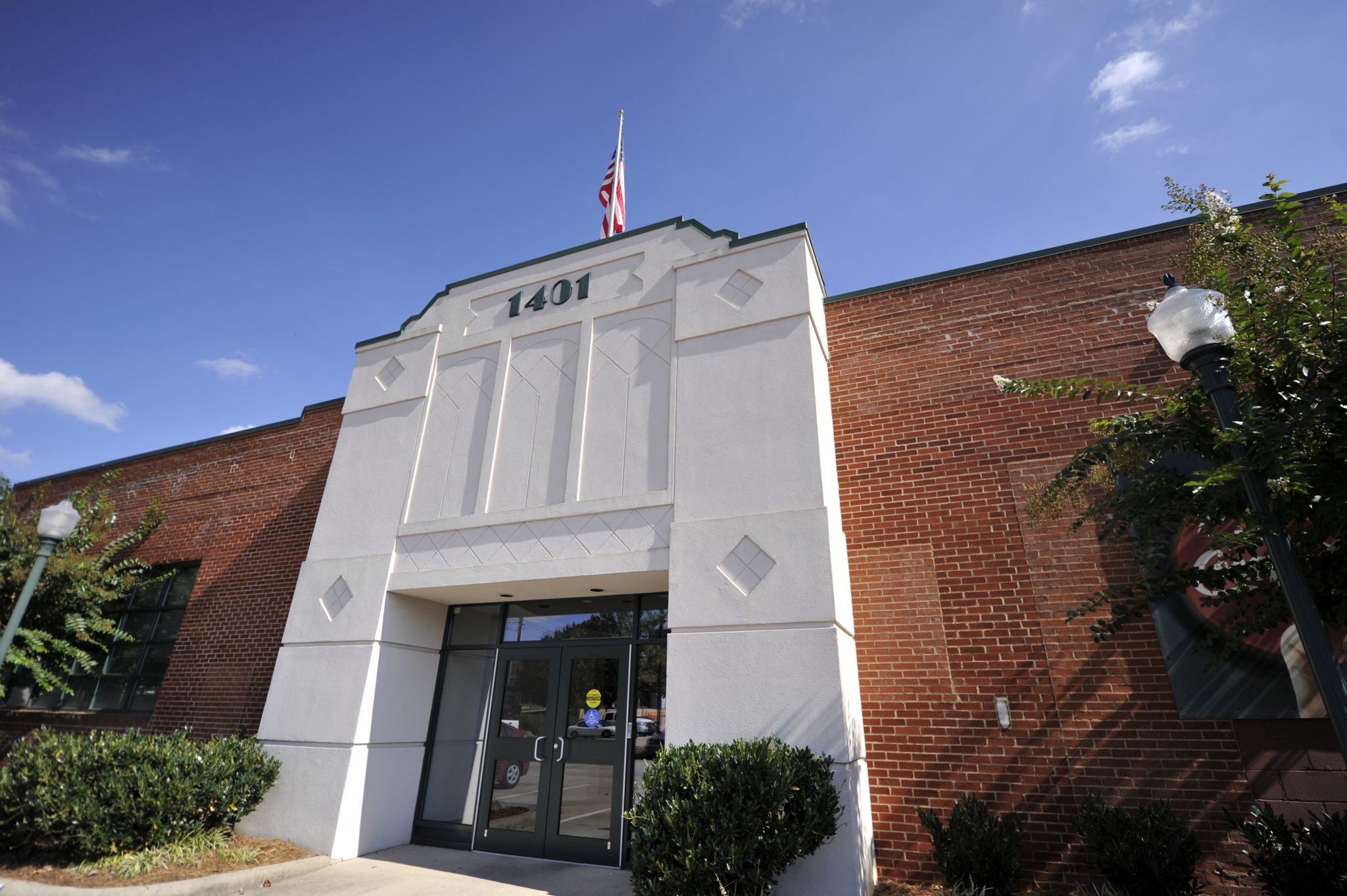
15 Dec Career Center closing with aspirations of a new supercenter
 Our NCWorks Career Center at 1401 W. Morehead St. will close effective Jan. 20 and consolidate its services to two existing centers located at 5601 Executive Center Drive in east Charlotte and 7140 Forest Point Blvd. in southwest Charlotte.
Our NCWorks Career Center at 1401 W. Morehead St. will close effective Jan. 20 and consolidate its services to two existing centers located at 5601 Executive Center Drive in east Charlotte and 7140 Forest Point Blvd. in southwest Charlotte.
Currently, the Executive Center and Forest Point locations serve job-seekers residing in nearly 100 zip codes while West Morehead serves three zip codes. Job-seekers can also receive additional career resources at more than 30 community partner sites, known as CARE3 sites, which are spread throughout the Charlotte-Mecklenburg area.
The U.S. Department of Labor has cut funding to states over the past two years through the Workforce Innovation Opportunity Act (WIOA) due to perceived reductions in unemployment. Charlotte Works received $1.6 million in budget cuts during that same time, impacting the West Morehead center which was fully funded by the organization. The Executive Center and Forest Point locations receive operating support from the N.C. Department of Commerce and Charlotte Works.
“Like any business, a 20 percent reduction in revenue forces you to consider different ways of operating,” says Patrick Graham, Charlotte Works President/CEO. “We’re looking forward to the possible creation of a career supercenter in the upcoming year that will allow us to serve job-seekers in multiple ways and provide even greater opportunities for training.”
Supercenters are a best practice across the workforce development industry. They allow for multiple economic development and social sector agencies to provide subsidized training and direct connection to employers. As part of recent WIOA legislation, workforce development boards like Charlotte Works will now convene and align workforce systems in local areas to create better opportunities for industry partners, job-seekers and service providers.
“Because we convene partners around pathways to employment, our new pathway model developments will also allow K-12 schools, colleges and training providers to create stronger models that lead to economic mobility,” Graham says. “We’ll lead this community to create better opportunities for post-secondary education and certifications, while also exposing young people to career paths at an earlier age.”


